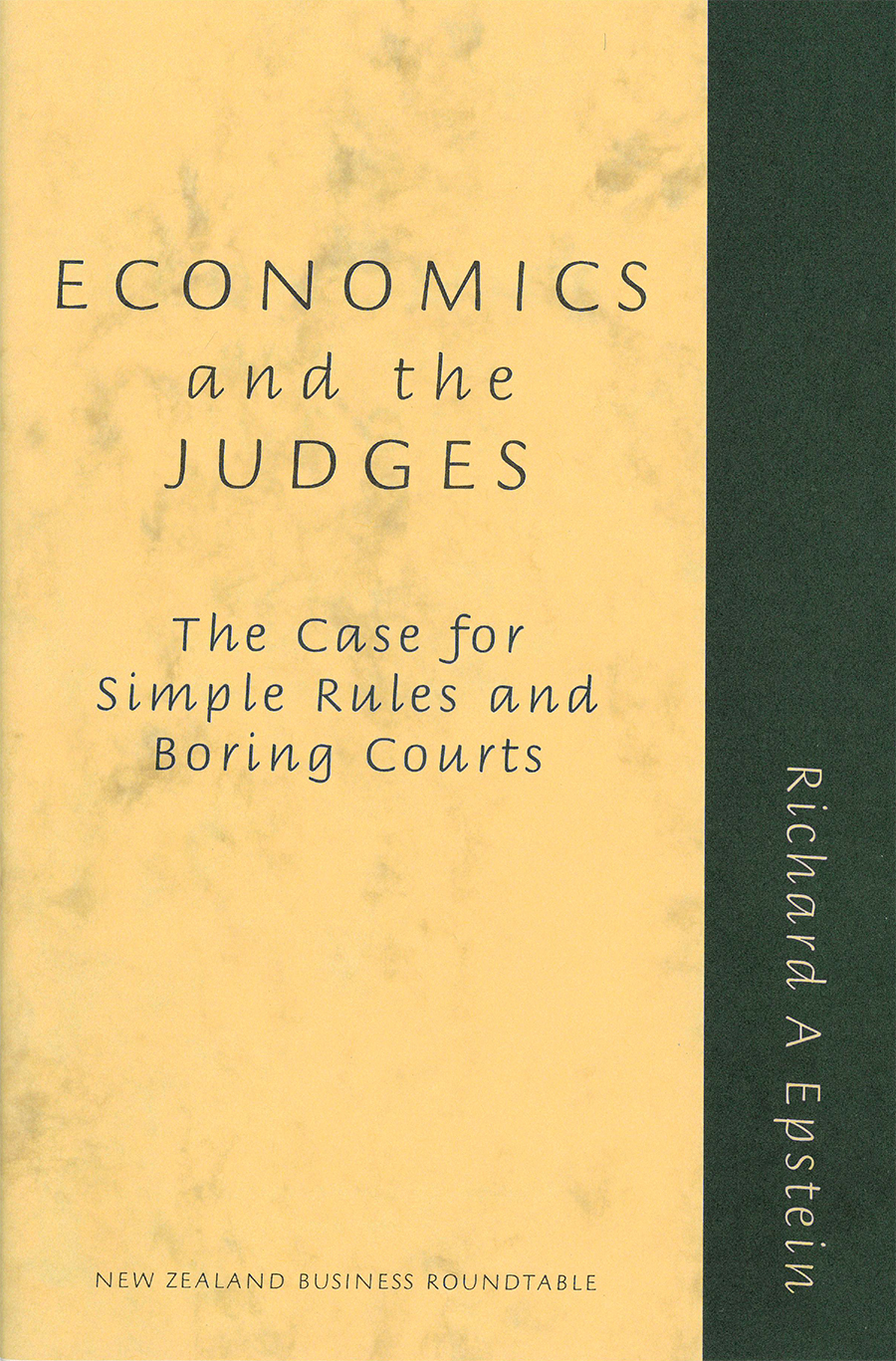This paper investigates the use of economic theory by common law judges. I shall begin that inquiry by propounding a gentle paradox. Great progress has undeniably been made over the last two generations, both in the science of economics and, more specifically, in the law and economics movement. Today we can analyse, in a more sophisticated fashion than formerly, a range of economic processes that are relevant to legal issues. We know something of the impact that legal rules have on social behavior and how economic theory can assist in choosing the efficient legal rule. Given these academic advances, we might have imagined that this new knowledge would slowly diffuse itself throughout the legal profession and the courts. We could hope therefore to see the development of a judicial body of knowledge reflecting many of these academic advances. Yet the opposite is largely true. A little learning—or even a great deal of learning—can sometimes be a dangerous thing. The legal profession today seems not unlike an overstretched juggler who tries to keep too many balls in the air at once. In attempting to do too much he gets himself into a terrible tangle, and the balls come clattering down and fall at his feet.
Economics and the Judges: The Case for Simple Rules and Boring Courts
1 June, 1996



